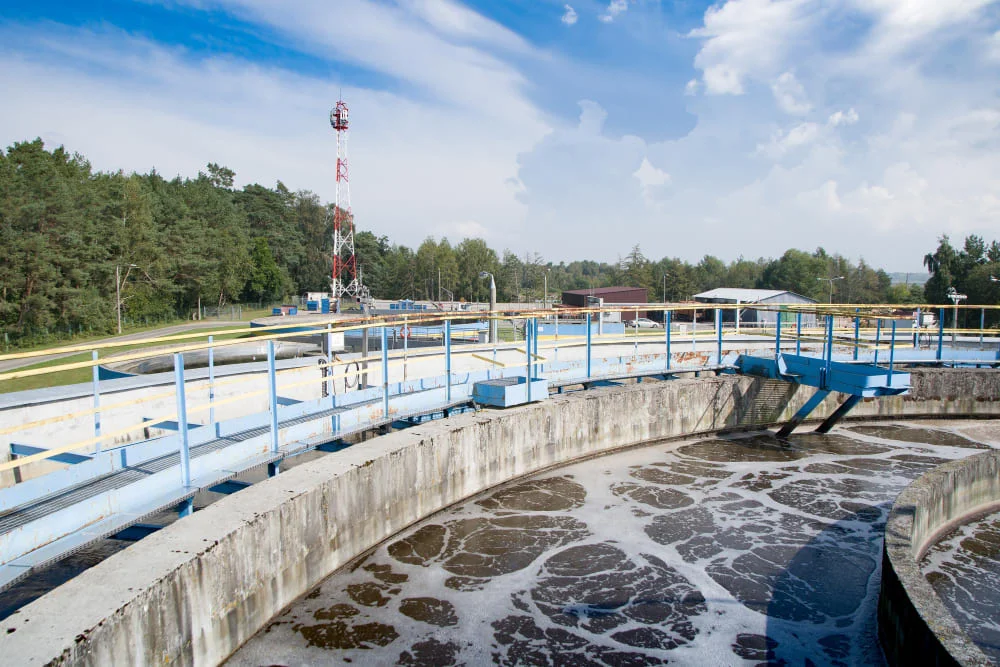The industrial sector is the lifeblood of modern economies, but its insatiable thirst for water can create a vast chasm between demand and sustainability. Here at Gulf Water Treatment, we understand the crucial role industrial water treatment services in Dubai play in bridging this gap. But treatment isn’t just about water purity; it significantly impacts energy consumption and efficiency. Let’s delve into this vital aspect of industrial water management.
Why Treatment Matters
Industrial processes often utilise water in unexpected ways. Water forms the backbone of countless operations, from cooling machinery to creating steam for power generation. However, the raw water sourced from various sources can be laden with impurities like minerals, salts, and organic matter. These contaminants can wreak havoc on industrial equipment, leading to corrosion, scaling, and decreased efficiency. Industrial water treatment services in Dubai address this challenge by purifying the water, ensuring optimal performance of your equipment, and preventing costly downtime.
Traditional Treatment Processes
While industrial water treatment is essential, traditional methods often have a hidden cost – high energy consumption. Processes like sedimentation, filtration, and reverse osmosis rely heavily on pumps and other equipment, leading to significant energy demands.
For instance, conventional reverse osmosis, a workhorse for desalination, can be energy-intensive. The high pressure required to force water through a semi-permeable membrane translates to significant electricity consumption.
Energy-Efficient Technologies for the Future
Fortunately, the landscape of industrial water treatment is evolving. Innovative technologies are emerging that offer significant energy savings. Here are a few examples:
Membrane bioreactors (MBRs) combine biological treatment with advanced membrane filtration, offering efficient contaminant removal while requiring less energy than conventional processes.
Electrocoagulation: This technique utilises an electric current to destabilise contaminants in the water, allowing for their removal with a lower energy input than chemical coagulation.
Thermal desalination: While traditional desalination methods rely on pressure, thermal techniques like multi-stage flash distillation (MSF) utilise heat to evaporate water, a process that can be integrated with renewable energy sources like solar for improved sustainability.
By adopting these cutting-edge solutions, industries can significantly reduce their energy footprint associated with water treatment.

A Sustainable Path Forward with Industrial Water Treatment Services in Dubai
At Gulf Water Treatment, we are committed to providing you with industrial water treatment services in Dubai that are effective and energy-efficient. Our team of experts can help you assess your specific water treatment needs and recommend the most sustainable solutions for your operations.
We offer a comprehensive suite of services, including:
Water quality analysis: We thoroughly analyse your raw water source to identify the specific contaminants that need to be removed.
Treatment system design and implementation: Our engineers will design a customised water treatment system that meets your unique requirements while prioritising energy efficiency.
Operation and maintenance: We provide ongoing support to ensure your water treatment system operates optimally and delivers consistent results with minimal energy consumption.
By partnering with Gulf Water Treatment, you can achieve a sustainable future for your industrial operations. Embrace energy-efficient water treatment solutions and create a thriving oasis within your industrial landscape.

